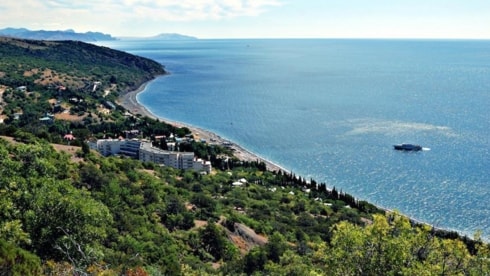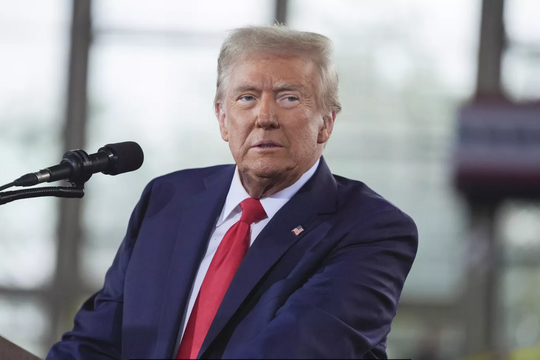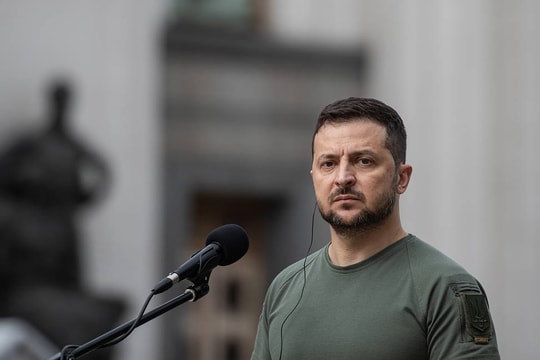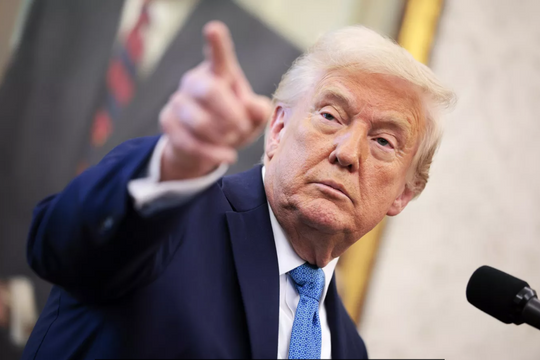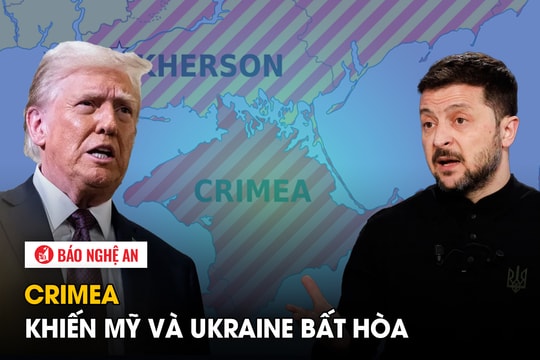Half a decade since Crimea annexed by Russia and the price Moscow paid
Half a decade has passed since Russia annexed the Crimean peninsula, and Moscow still seems to be "paying the price" for this decision.
The accession treaty aimed at bringing Crimea under Russian control has yet to be recognized by most countries, while the US and EU continue to slap new sanctions on Russia.
|
| Five years after annexing Crimea, is Russia still paying the price? Photo: Victor Korniyenko/Wikicommons |
However, despite the sanctions, Russia has invested billions of dollars in building power plants and completed the construction of the great Kerch bridge connecting Crimea with mainland Russia in 2018.
Most of the “price” Russia is paying for its decision comes from US and Western sanctions, which have accumulated each year since Russia annexed Crimea and some new sanctions due to allegations of Russian election interference as well as other moves by the country.
Russia is still struggling with falling oil prices, its main export, falling foreign investment and stagnant incomes. A recent poll found that public interest in the decision to annex the Black Sea territory has waned.
Analysts at Bloomberg Economics estimate that sanctions have caused the Russian economy to shrink by 6% over the past five years. A study published by analyst Scott Johnson in late 2018 found that the economy of Russia, the world's largest energy exporter, was more than 10%, or $150 billion, worse than estimated at the end of 2013.
Four percentage points were due to lower oil prices and the rest were due to sanctions and other factors.
Sanctions are unlikely to end anytime soon and allegations of Russian interference in the 2016 US presidential election could make the situation worse.
The number of Russian companies and individuals targeted by US sanctions has risen to more than 700 since 2014, and another bill under consideration in Washington could slap new sanctions on Moscow this year.
The economic slowdown has also meant that Russians’ incomes have fallen. The average income has barely exceeded 30,000 rubles ($459) a month since Russia annexed Crimea. The collapse in oil prices has pushed Russia into a recession for nearly two years. The only region where average incomes have increased is Crimea.
After a slight increase in 2017 when President Trump signaled that he would lift some sanctions on Russia, foreign direct investment (FDI) into Russia fell again and even turned negative in the second quarter of 2018.
As direct economic pressure weighs on Russians, the positive public reaction to the annexation of Crimea five years ago has also begun to wane. A survey published on March 14 showed that only 39% of Russians believe the annexation of Crimea has brought more benefits than harm, compared to 67% at the end of 2014.
On March 18, Russian President Putin will visit several cities of Crimea such as Sevastopol and Simferopol to attend events commemorating the 5th anniversary of Crimea's annexation into Russia.

